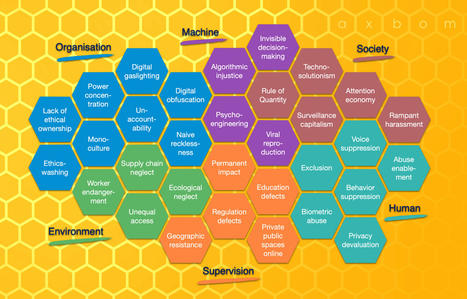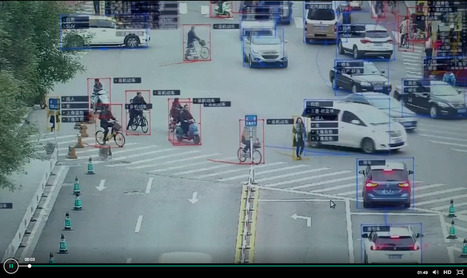Cambridge, MA—MIT is in the midst of a $1-billion effort to reshape how it teaches computer science, in what some say may be a model for other colleges. But the effort has has also drawn protests by some students and professors, who are questioning how well ethics will be integrated into the effort and are criticizing the influence of a controversial donor.
Those mixed feelings were on display this week as the university hosted a three-day celebration of its planned College of Computing. The event included a back-flipping robot modeled on a cheetah and other marvels of digital engineering, as well as planned appearances by former Secretary of State Henry Kissinger and former Google CEO Eric Schmidt. It also sparked protests by students and professors, including a “teach-in” questioning how well ethics will be integrated into the effort and criticizing the influence of a controversial donor.
Two big ideas drive MIT’s new college. First is that MIT needs far more computer-science professors to meet the demand by students and researchers. Second, coding is no longer a department to put off in a corner, but a toolset that can be applied to every academic discipline. And that means making sure everyone writing computer code also pays attention to the cultural and ethical implications of their tools, the effort’s leaders say.
“It’s turning computer science into a lingua franca,” said Sanjay Sarma, vice president for open learning at MIT, in an interview. “I think students will soon all learn English, Spanish and Python.”



 Your new post is loading...
Your new post is loading...












To make responsible choices you need to understand what could go wrong. The chart is not meant to dissuade but rather to make aware and encourage more careful and considered choices in a digital world. Feel free to use the chart as an everyday tool, as a conversation starter and as an outline for teaching.
Learn more / En savoir plus / Mehr erfahren:
https://www.scoop.it/topic/21st-century-learning-and-teaching/?&tag=Ethics